CALCULATE your carbon footprint
Do you know your carbon footprint?
A carbon footprint is a measure of your activities in terms of your carbon emissions, which directly affect the climate.
As an individual or household you can use our carbon calculator to measure and keep track of your carbon footprint.
Take action today by following our recommendations to reduce your carbon emissions. Support our conservation programmes that help protect environments that store huge amounts of carbon and keep it out of the atmosphere.
HOW WE CONSERVE CARBON
The natural landscapes that it is our mission to protect provide two key functions to help slow climate change. First, trees, bushes, and grasses absorb carbon from the atmosphere, giving us oxygen in return. Second, they then store that carbon so it no longer contributes to global heating.
We are in the early stages of launching a series of certified projects that will calculate the carbon stored in certain landscapes and support landowners to sell that as verified offsets to fund conservation.
In the meantime, donating to our existing programmes helps us protect those landscapes in a variety of ways that contribute to conserving the carbon they contain.*
Human-Wildlife Coexistence
Farmers need more land to grow crops to feed increasing populations. If conservation areas bring nothing but trouble - mostly by elephants trampling or eating crops - then there’s no local support to keep those spaces undeveloped. Our work to keep farmers’ crops safe from wildlife, and to drive more conservation benefits to neighbouring communities, reduces the risk that wildlife habitat and the carbon it stores will be converted to agriculture.
Elephant Movements
Elephants are nature’s gardeners - keeping vegetation in their habitats healthy and distributing seeds widely in their droppings. Our research department fits elephants with GPS collars and monitors their movements to identify key migration corridors. Without this, elephants will end up contained to islands of habitat. There they can cause more damage than good- knocking down unsustainable numbers of trees, ending their ability to store carbon.
Prosecuting nature crime
Poaching, charcoal burning, and illegal encroachment into protected areas all combine to upset the natural balance that ecosystems need to thrive. Our pioneering wildlife justice department supports Africa’s judiciaries and law enforcement to make the law the strong deterrent it can be, by making prosecutions against wildlife crime stronger.
That way, the costs of damaging natural environments are higher. This provides natural environments with their chance to continue to store carbon meaning the balance nature’s life cycles is greater.
Conservation benefits
Sooner or later, every acre of land in Africa will need to prove its value. Often the greater immediate value is in harvesting a natural resource - grass for livestock, timber for markets, or wood for charcoal. All of these resources can be sustainably used, with good management. We work to secure conservation spaces, strengthen their management, and invite investment in nature-based businesses. This gives greater long-term returns to landowners and communities from conservation, strengthening local initiatives to protect landscapes from unsustainable practices. That naturally keeps more carbon in those landscapes.
* Space for Giants’ carbon calculator assigns a monetary value to your estimated carbon emissions using the best available current science. Donating that monetary value to Space for Giants will allow us to continue a variety of activities to conserve landscapes and protect wildlife. While we work to launch our verified carbon programmes, donations will not be used to pay for carbon credits and should not be considered as verified or certified emissions offsets.
Scroll through our slideshow below to see
Space for Giants’ recommendations for REDUCING your carbon footprint:
as presented by Columbia University
DONATE YOUR CARBON VALUE below
USEFUL LINKS
Want to Save the World? Start by Eating Less Beef (Blog Article by Columbia University)
Meatless Mondays (USA) Meatfreemondays (UK)
Energy Star Products (USA) EU Ecolabel, Energy Saving Trust (UK)
The 100 Most Sustainable Companies (graphics.wsj.com)
Greener Ways to Keep Cool (Blog Article by Columbia University)
CarbonCounter app rates cars based on their mileage, fuel type and emissions











